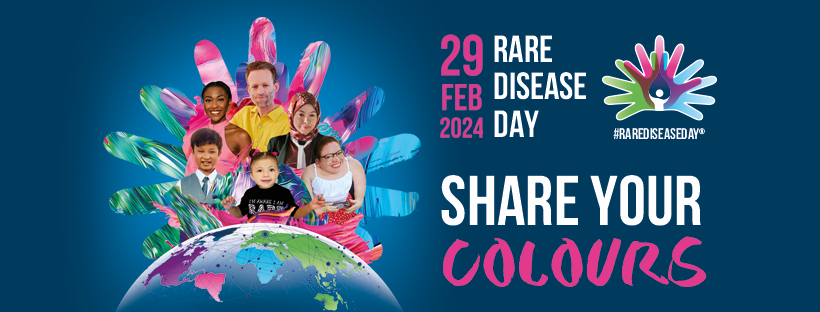The Significance of Rare Disease Day in Elevating Trigeminal Neuralgia Awareness
Introduction to Rare Disease Day and Trigeminal Neuralgia
Rare Disease Day, commemorated on the 29th of February, is more than a calendar event; it’s a global movement towards equality in health care and societal support for individuals with rare diseases, including the profoundly impactful condition known as Trigeminal Neuralgia (TN). This day aims to amplify the voices of the rare disease community, advocating for medical advancements, policy changes, and increased awareness. Trigeminal Neuralgia, with its debilitating facial pain, stands as a testament to the unseen struggles endured by those with rare conditions. By spotlighting TN, we delve into a world where pain transcends the physical, touching the very essence of human resilience.
Understanding Trigeminal Neuralgia (TN)
At its core, Trigeminal Neuralgia is a chronic pain disorder that affects the trigeminal nerve, one of the most extensive nerves in the human head. The condition is characterized by intense, stabbing pain on one side of the face, often triggered by seemingly innocuous actions such as eating, speaking, or even a gentle breeze. The unpredictable nature of TN attacks not only causes physical suffering but also imposes a heavy emotional and psychological burden on those affected.
The Role of the Trigeminal Neuralgia Association (TNA)
In the face of such adversity, the Trigeminal Neuralgia Association (TNA) emerges as a beacon of hope. Established to navigate the complexities of TN, the TNA provides essential services ranging from helpline support to fostering a robust community network. Through these efforts, the TNA not only offers a lifeline to individuals grappling with TN but also spearheads initiatives to advance research and advocacy, paving the way towards innovative treatments and, ultimately, a cure.
Helpline and E-Helpline Support: A Lifeline for Sufferers
The cornerstone of TNA’s support system is its helpline and e-helpline services. Operated by compassionate individuals, many of whom have personal experiences with TN, these helplines offer immediate support, advice, and a listening ear to those in need. The impact of these services cannot be overstated; for many, they represent the first step towards finding effective management strategies and, importantly, a community that understands their struggle.
Community and Regional Support: Fostering Connection and Understanding
Beyond the helplines, TNA’s commitment to building a supportive community is evident in its regional support groups and online forums. These platforms allow individuals affected by TN to share their stories, exchange information, and find solace in the shared experience of living with this rare condition. The power of community, as cultivated by TNA, provides a foundation of emotional support that is vital for coping with TN.
Advancing Research and Awareness
TNA’s mission extends into the realms of research and awareness. By funding studies into the causes, treatments, and potential cures for TN, TNA is at the forefront of scientific efforts to combat this condition. Awareness campaigns, timed to coincide with Rare Disease Day and other significant dates, play a crucial role in educating the public and healthcare professionals about TN, ultimately fostering a more informed and empathetic society.
Conclusion: Uniting for a Brighter Future
As we mark Rare Disease Day, let us renew our commitment to supporting the TN community and the broader rare disease movement. The path ahead is fraught with challenges, but through collective action, advocacy, and research, we can aspire to a future where Trigeminal Neuralgia no longer casts a shadow over the lives of those affected. Together, we can turn the tide against TN, illuminating the way forward with hope, understanding, and unwavering support.
varies, but studies have suggested that it affects approximately 4 to 13 people per 100,000 annually. It’s important to note that this estimate might vary due to new research and differences in diagnostic criteria.
Rare Disease Day is an international awareness campaign that takes place on the last day of February each year. The main objective of Rare Disease Day is to raise awareness amongst the general public and decision-makers about rare diseases and their impact on the lives of patients. Trigeminal Neuralgia, due to its rarity, would be among the conditions highlighted to improve knowledge and encourage research and policy initiatives aimed at addressing the challenges faced by those living with rare diseases.
is an international awareness campaign that takes place on the last day of February each year. The main objective of Rare Disease Day is to raise awareness amongst the general public and decision-makers about rare diseases and their impact on the lives of patients. Trigeminal Neuralgia, due to its rarity, would be among the conditions highlighted to improve knowledge and encourage research and policy initiatives aimed at addressing the challenges faced by those living with rare diseases.





